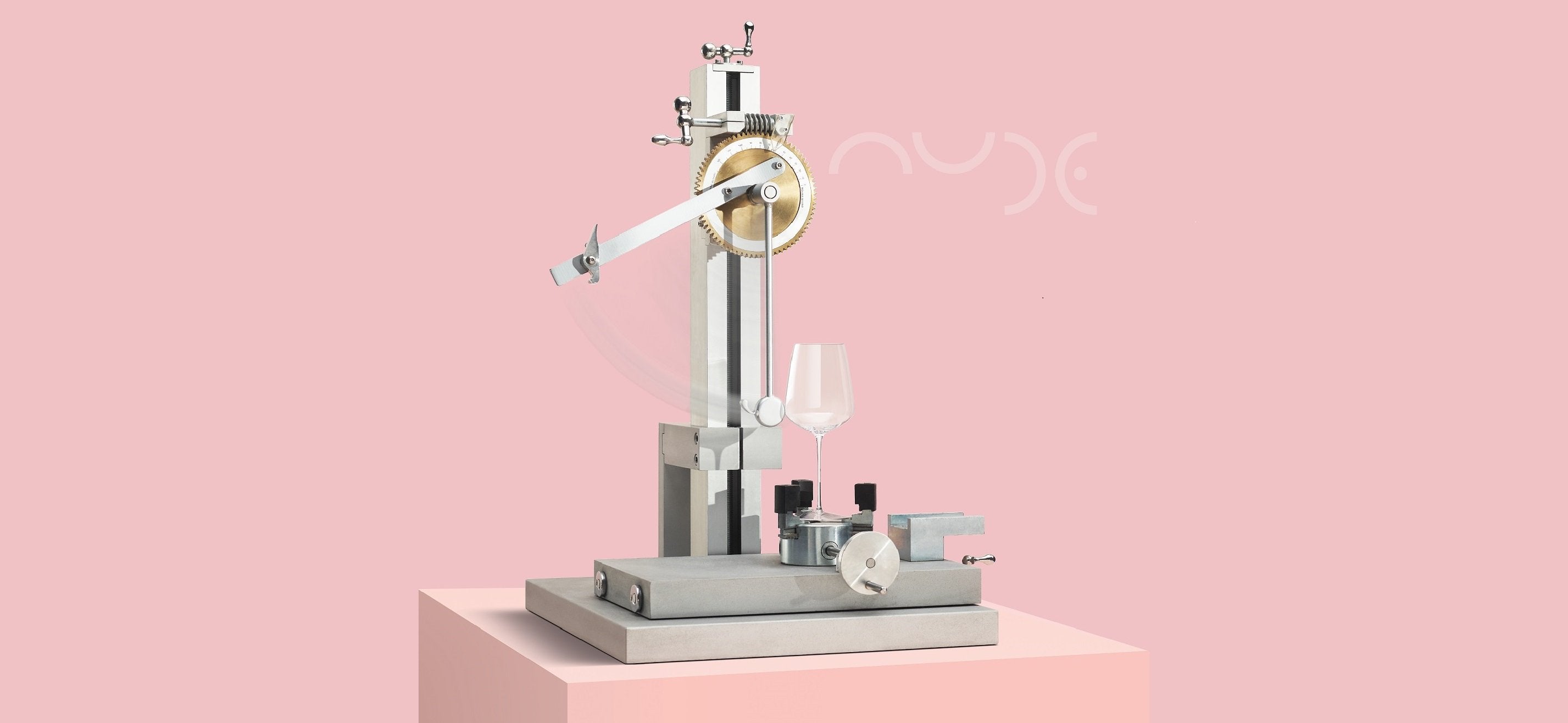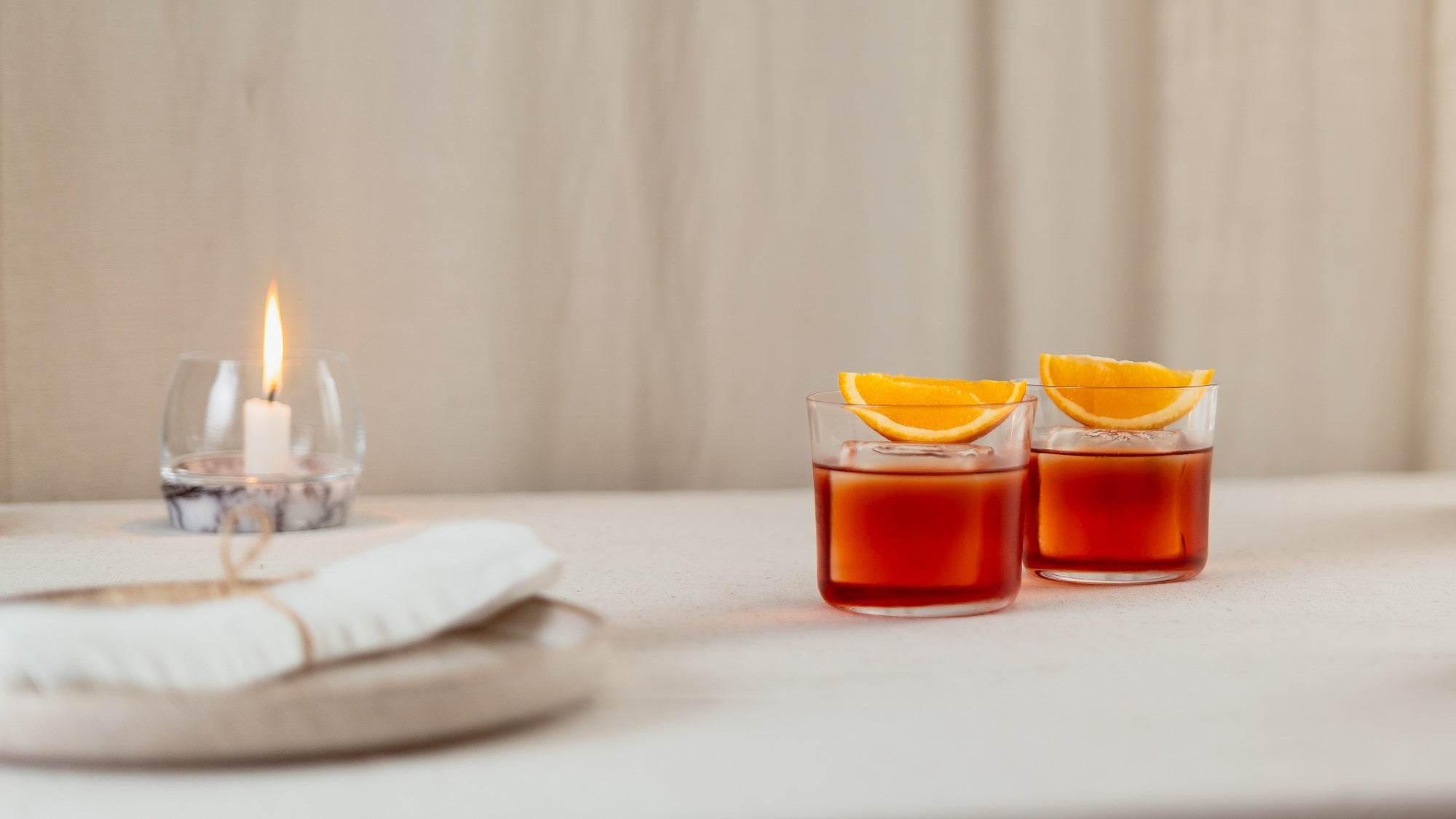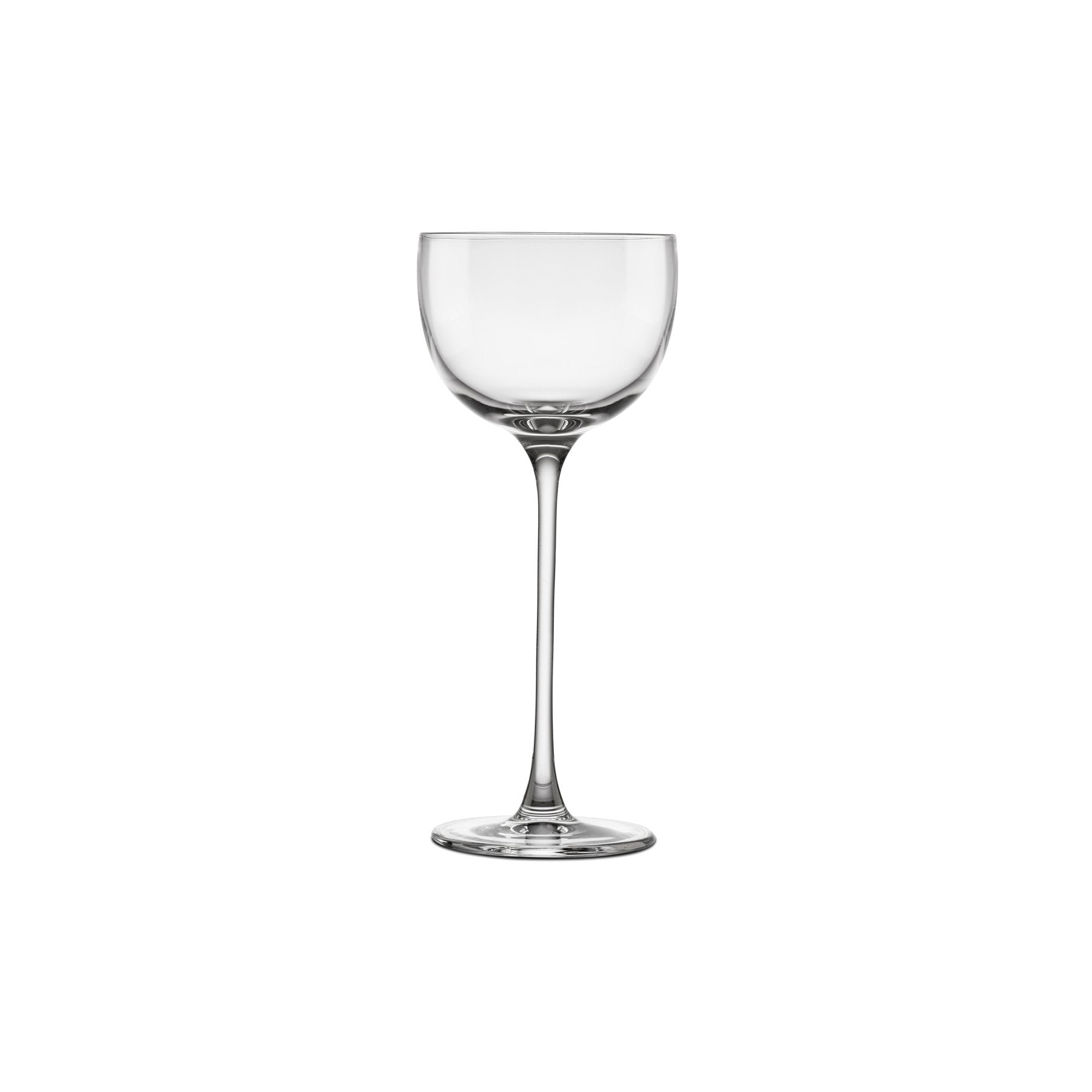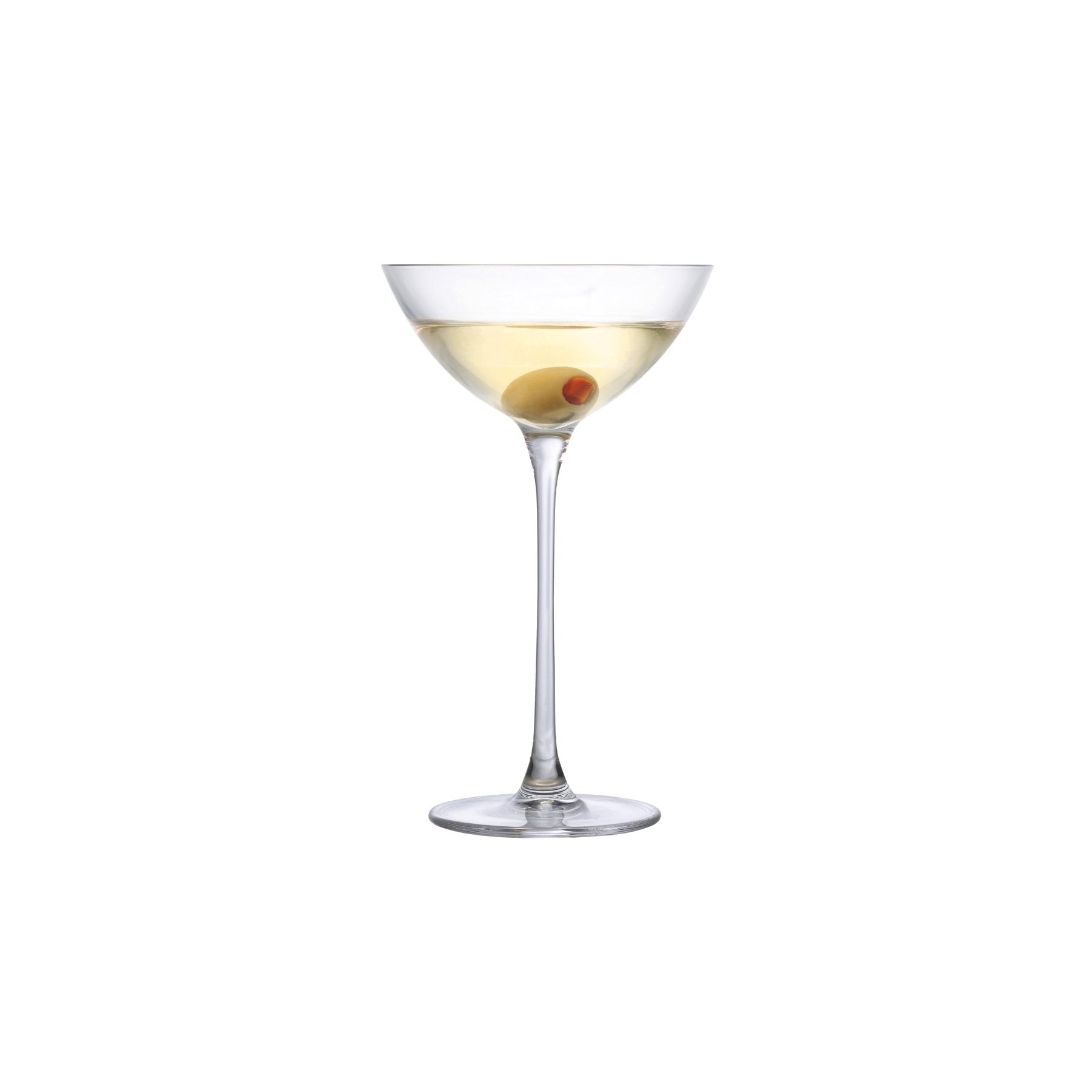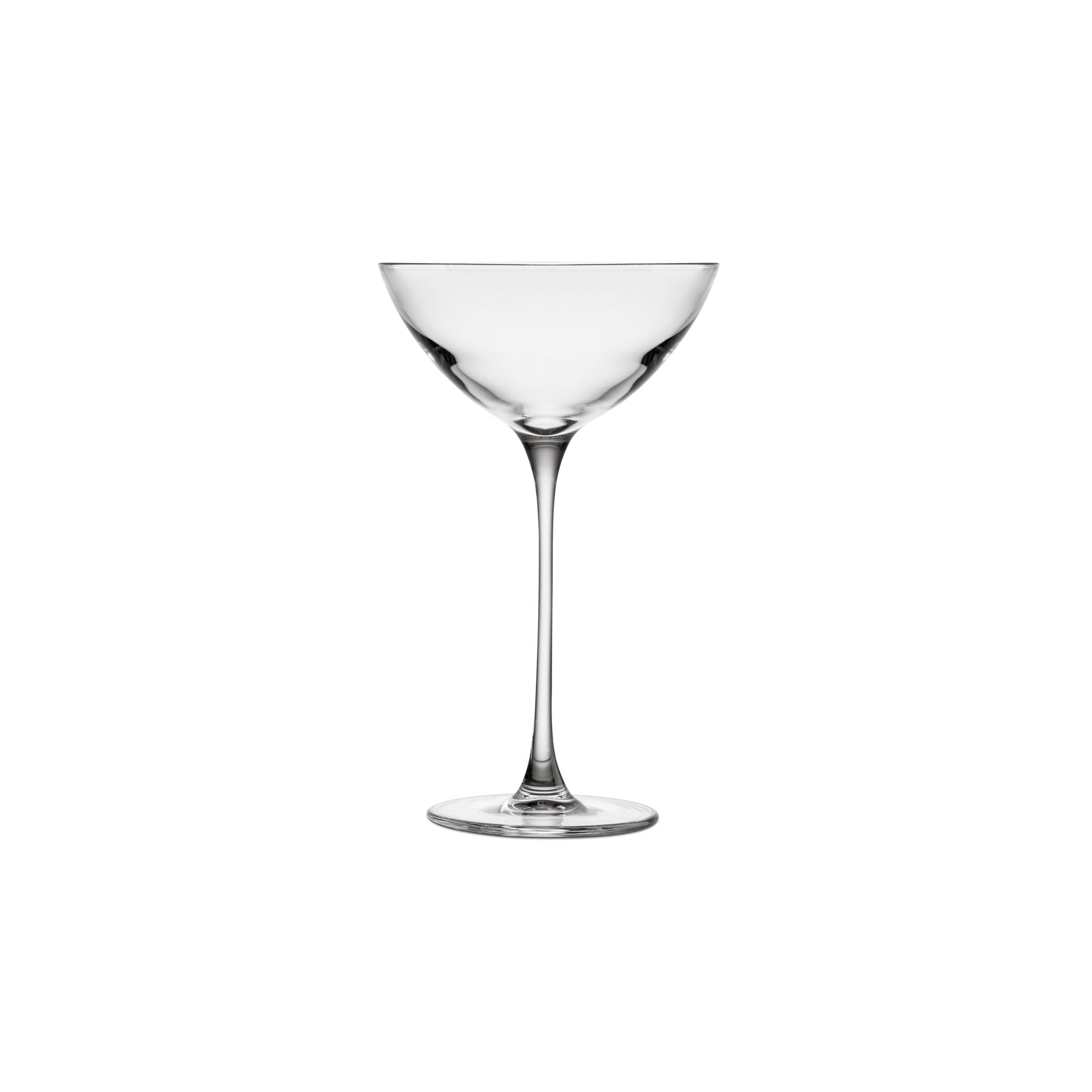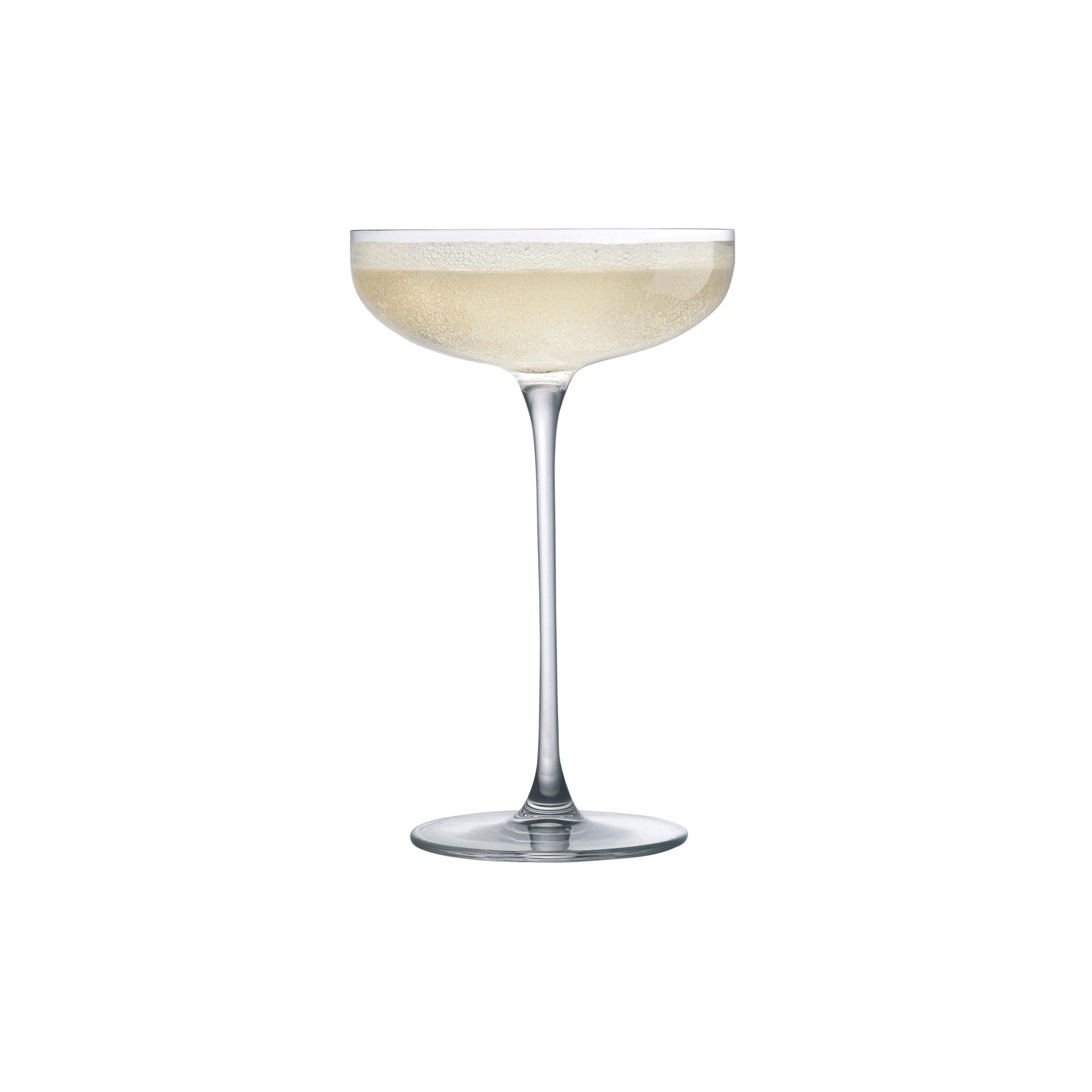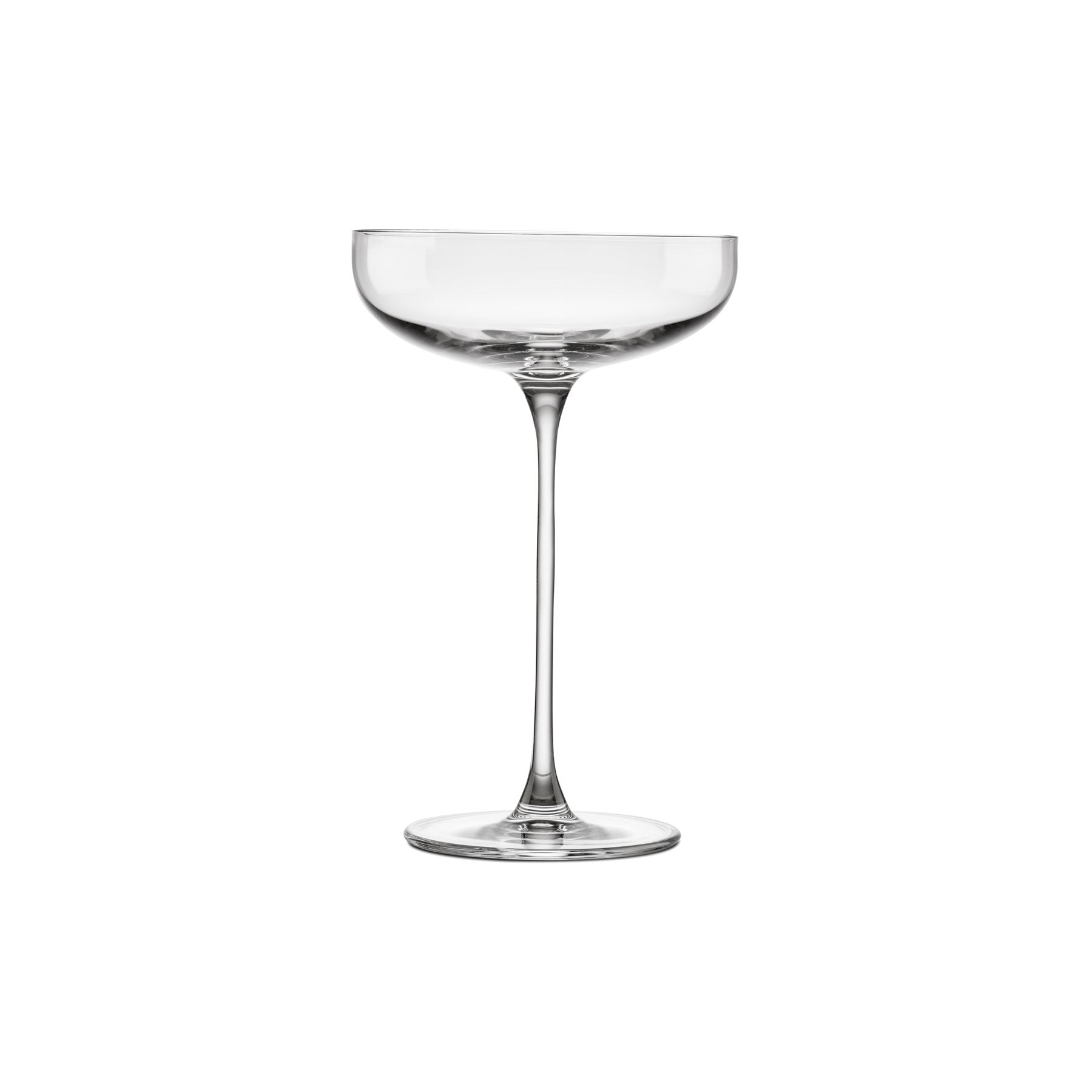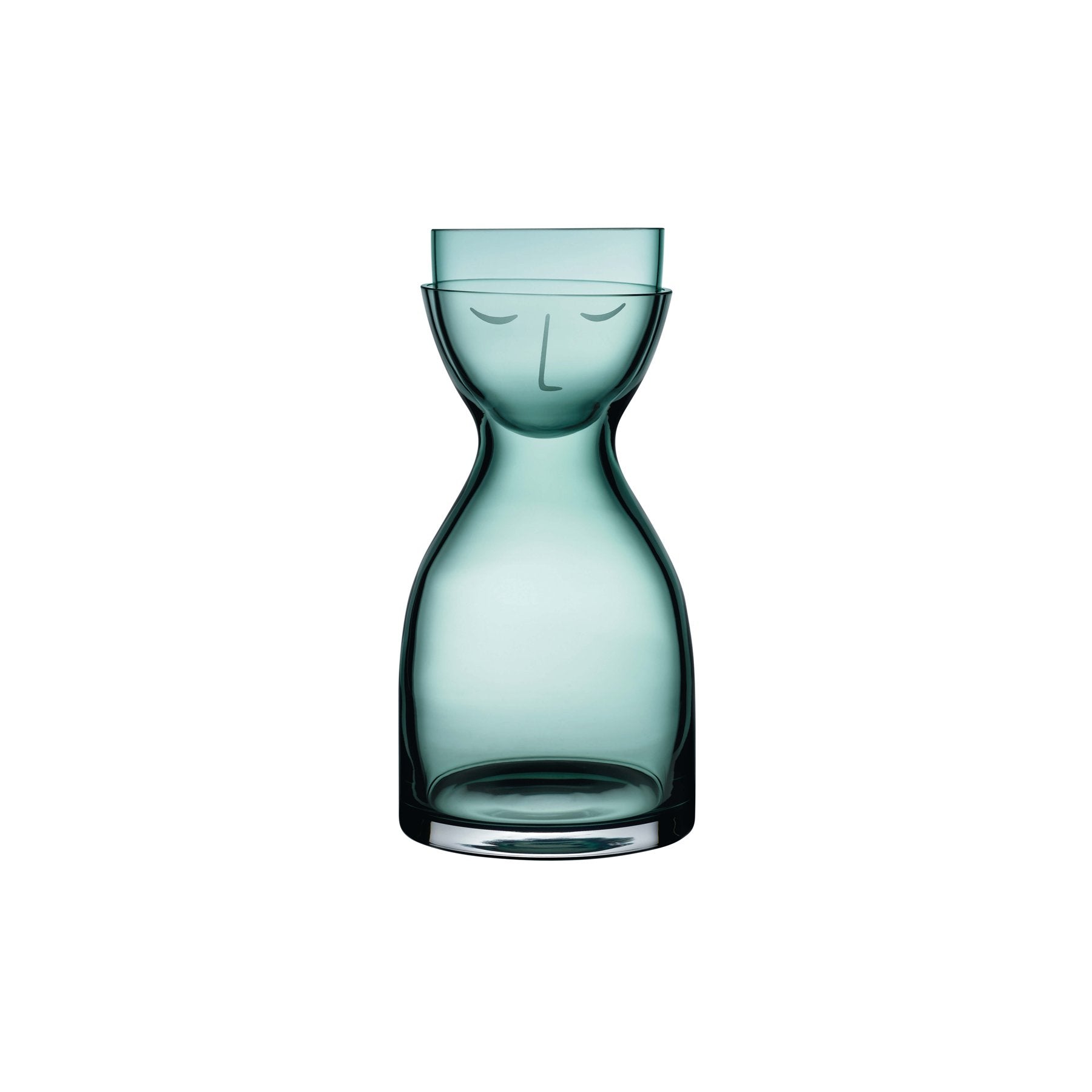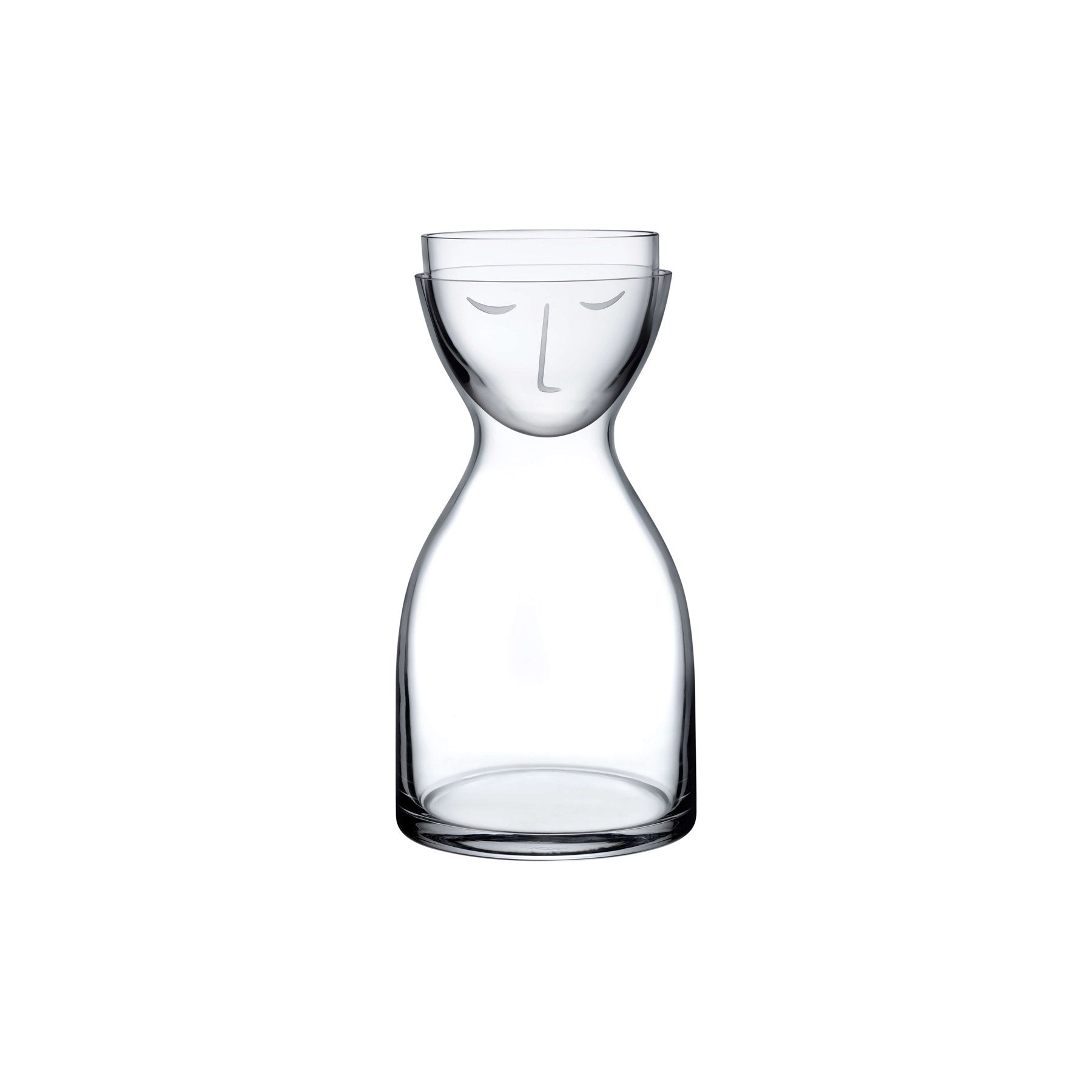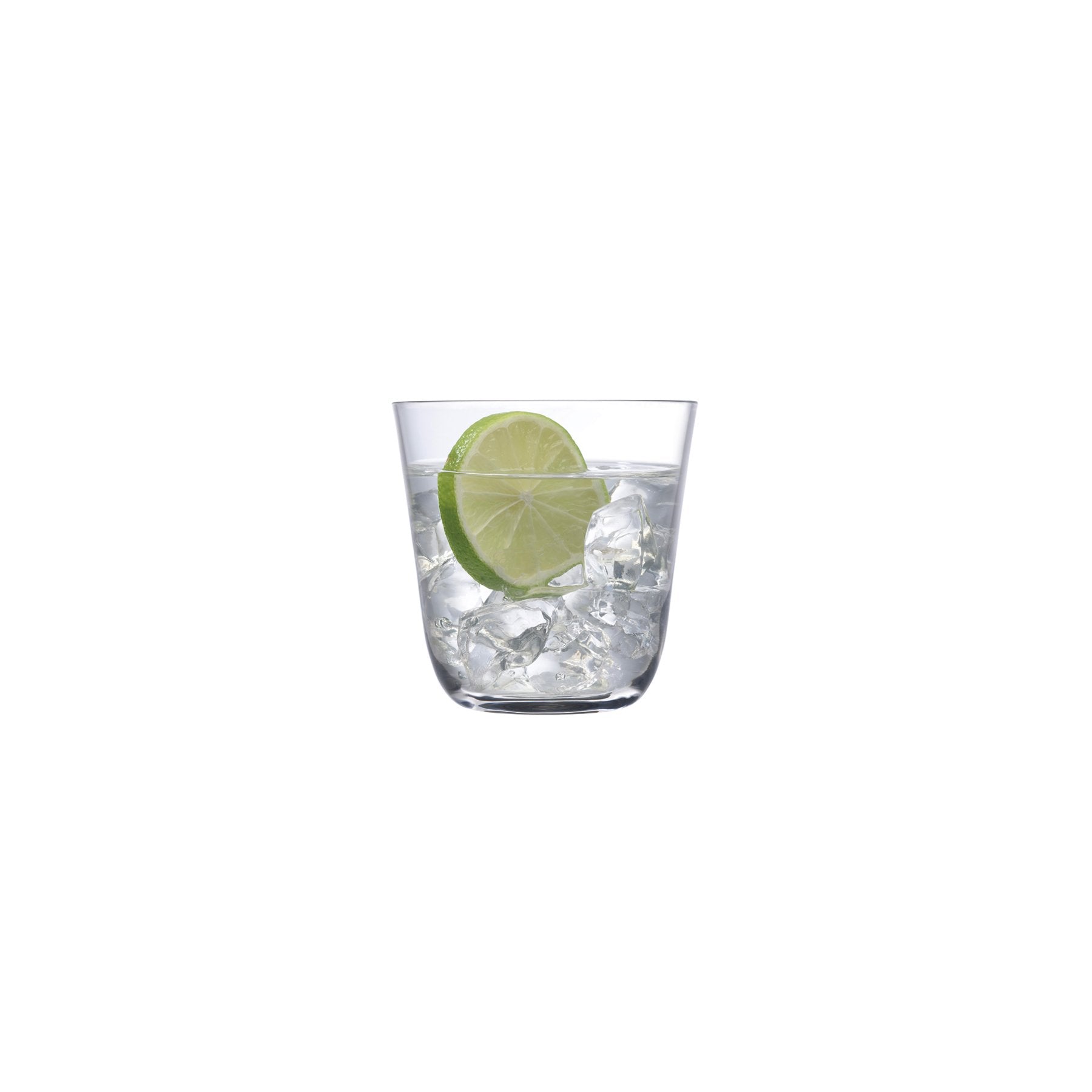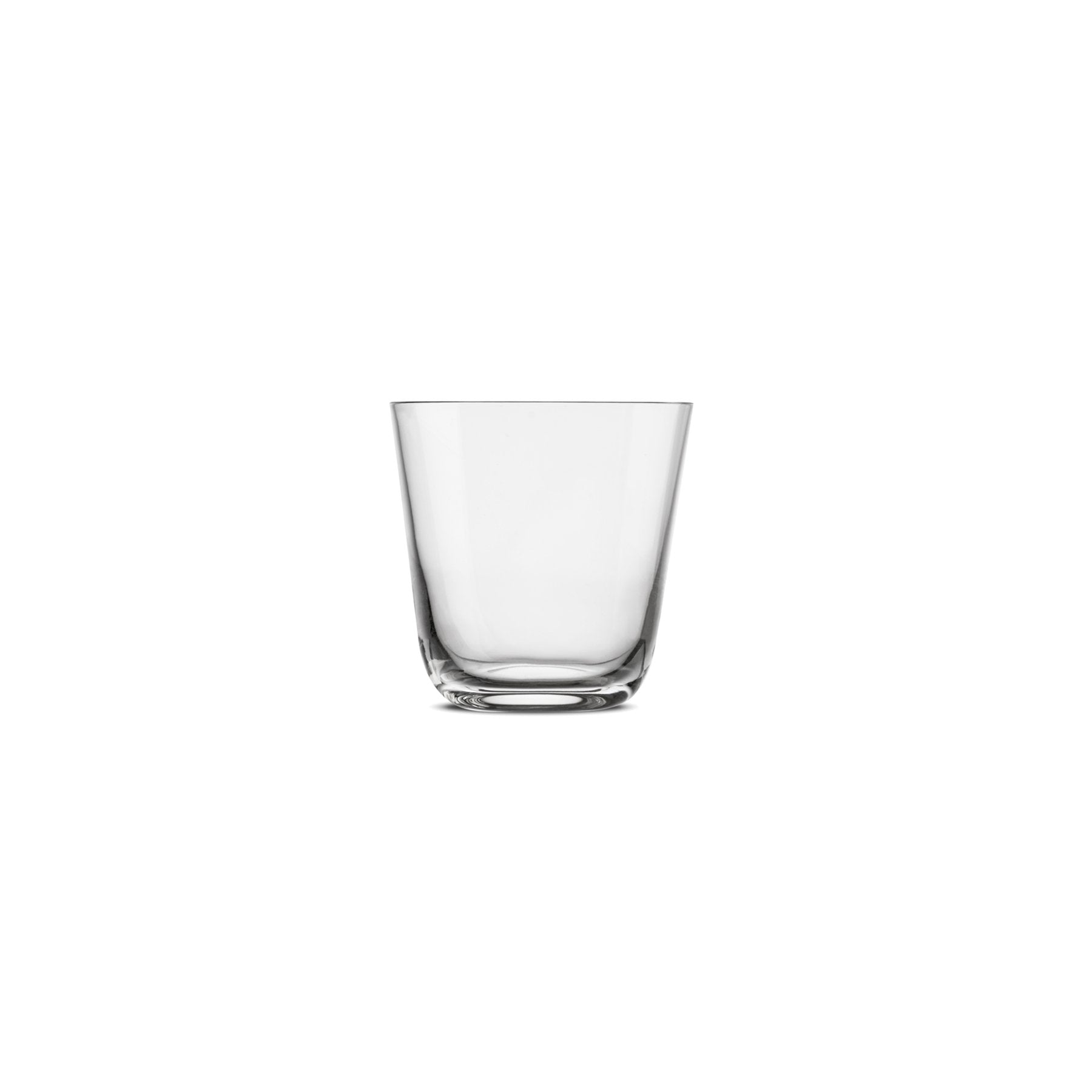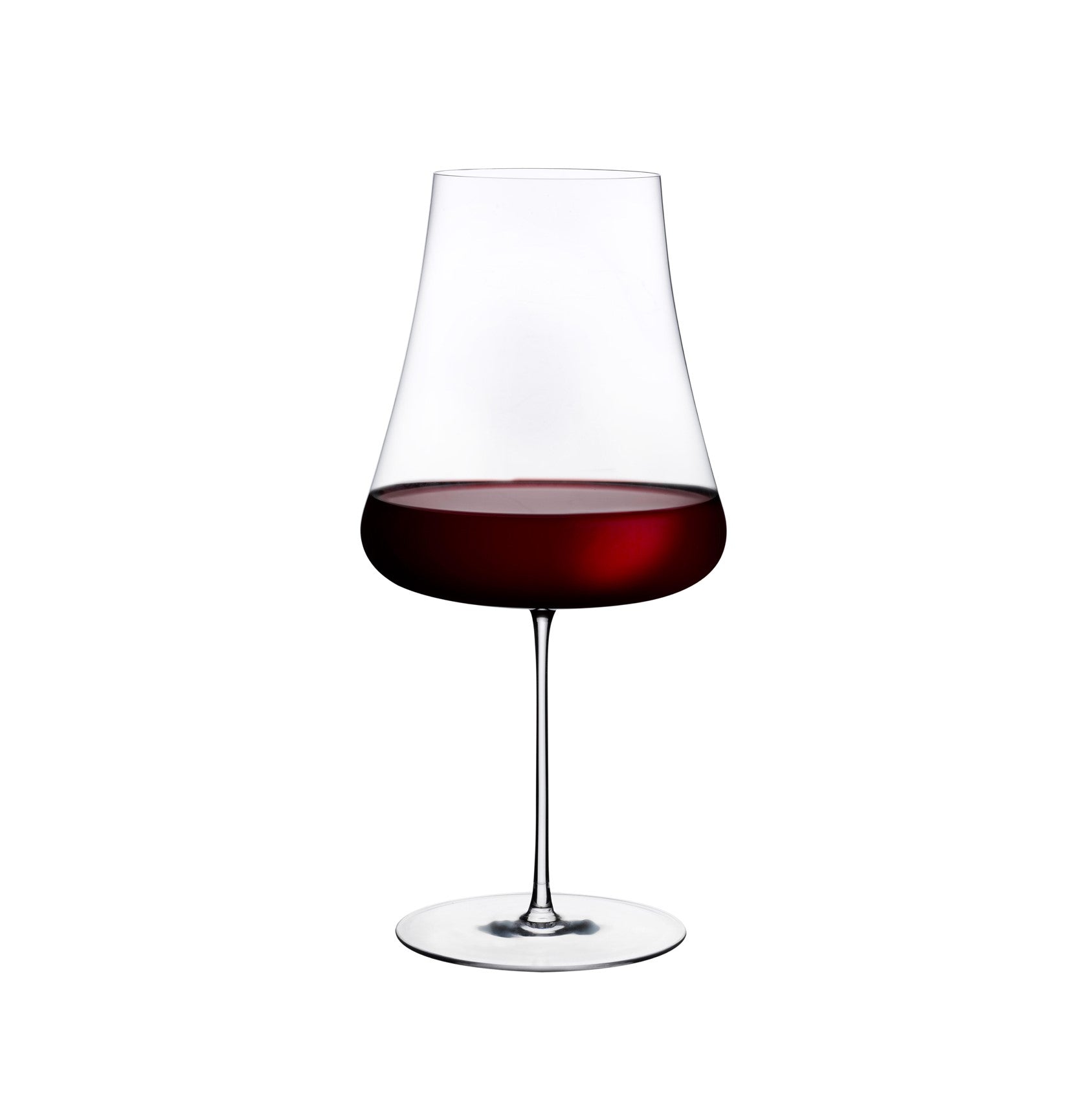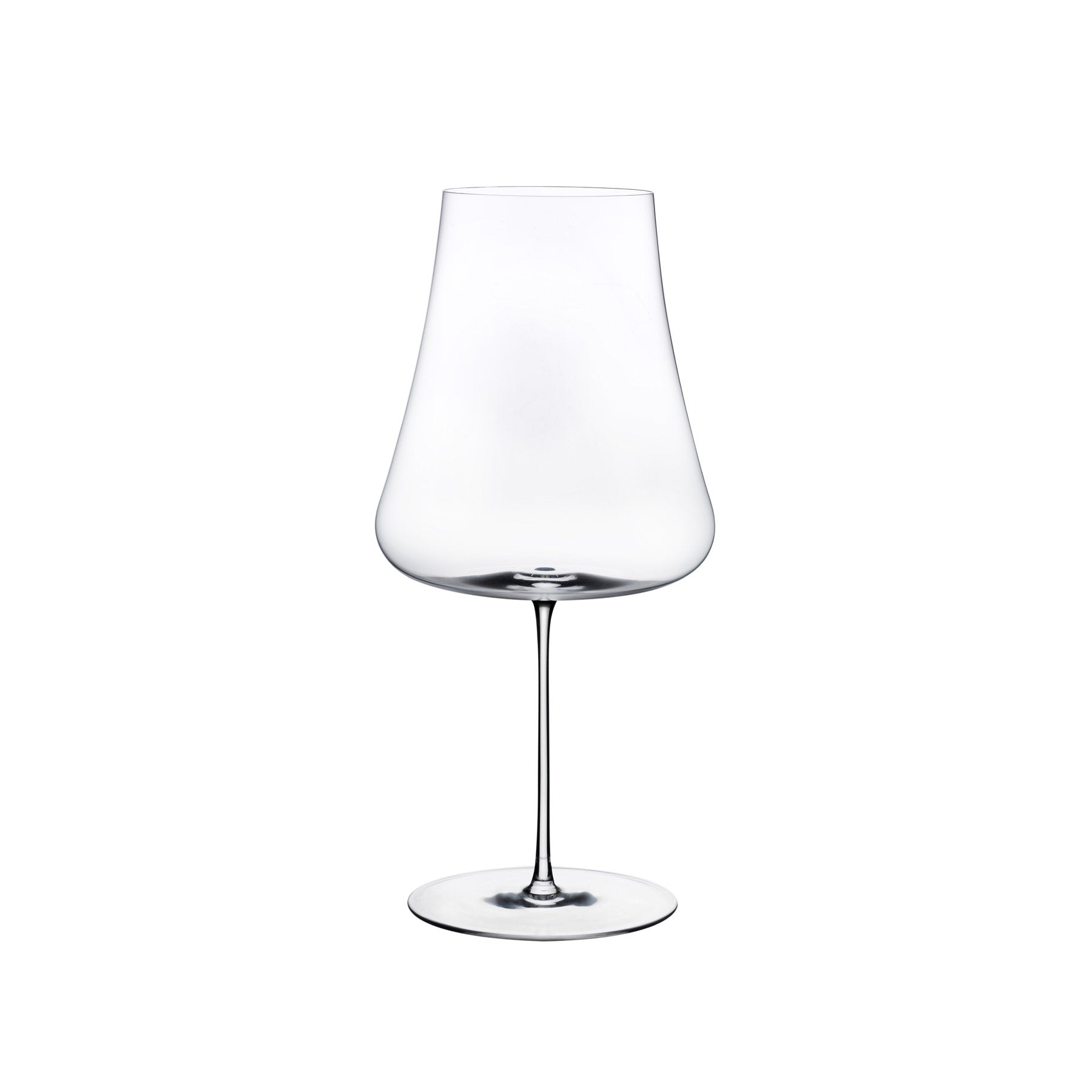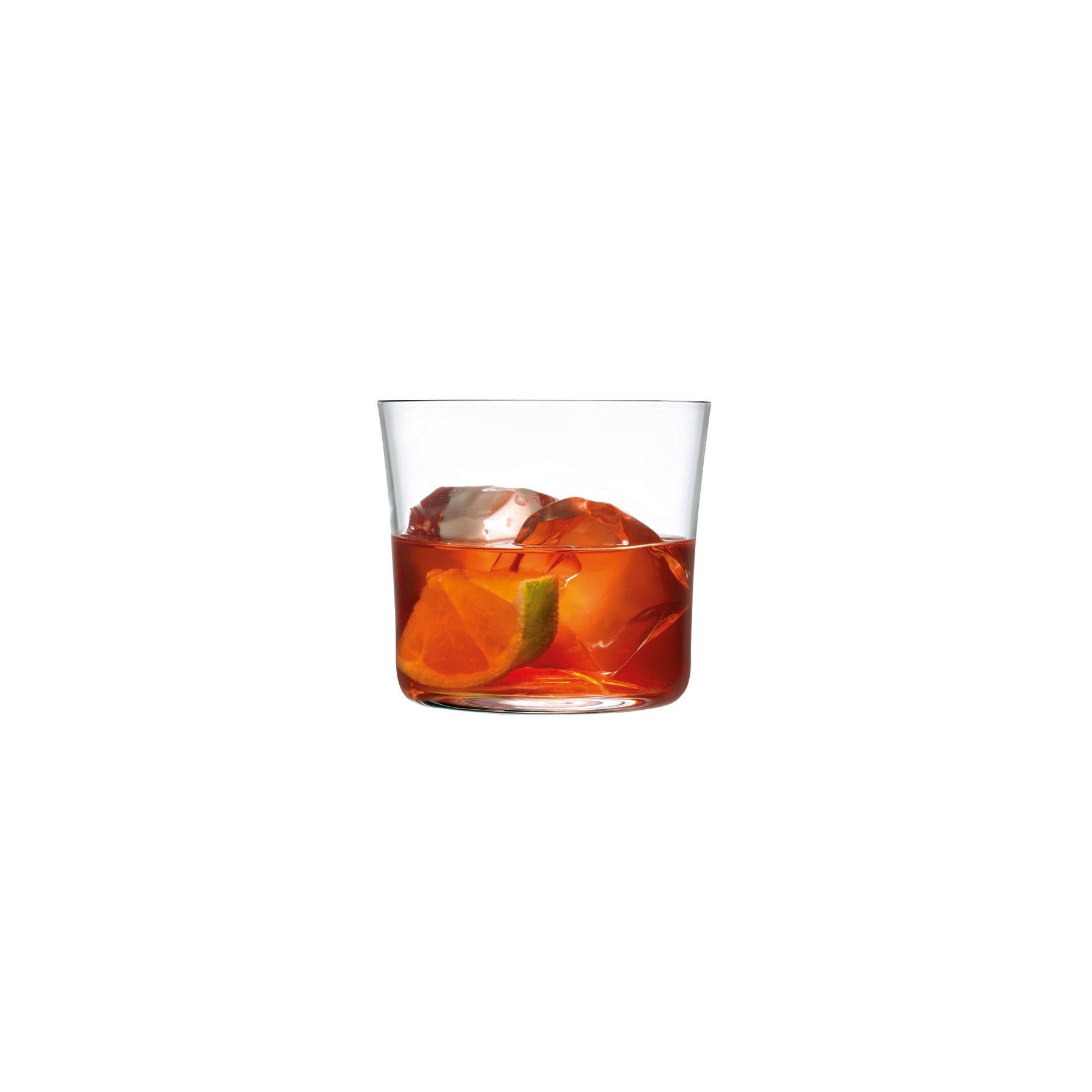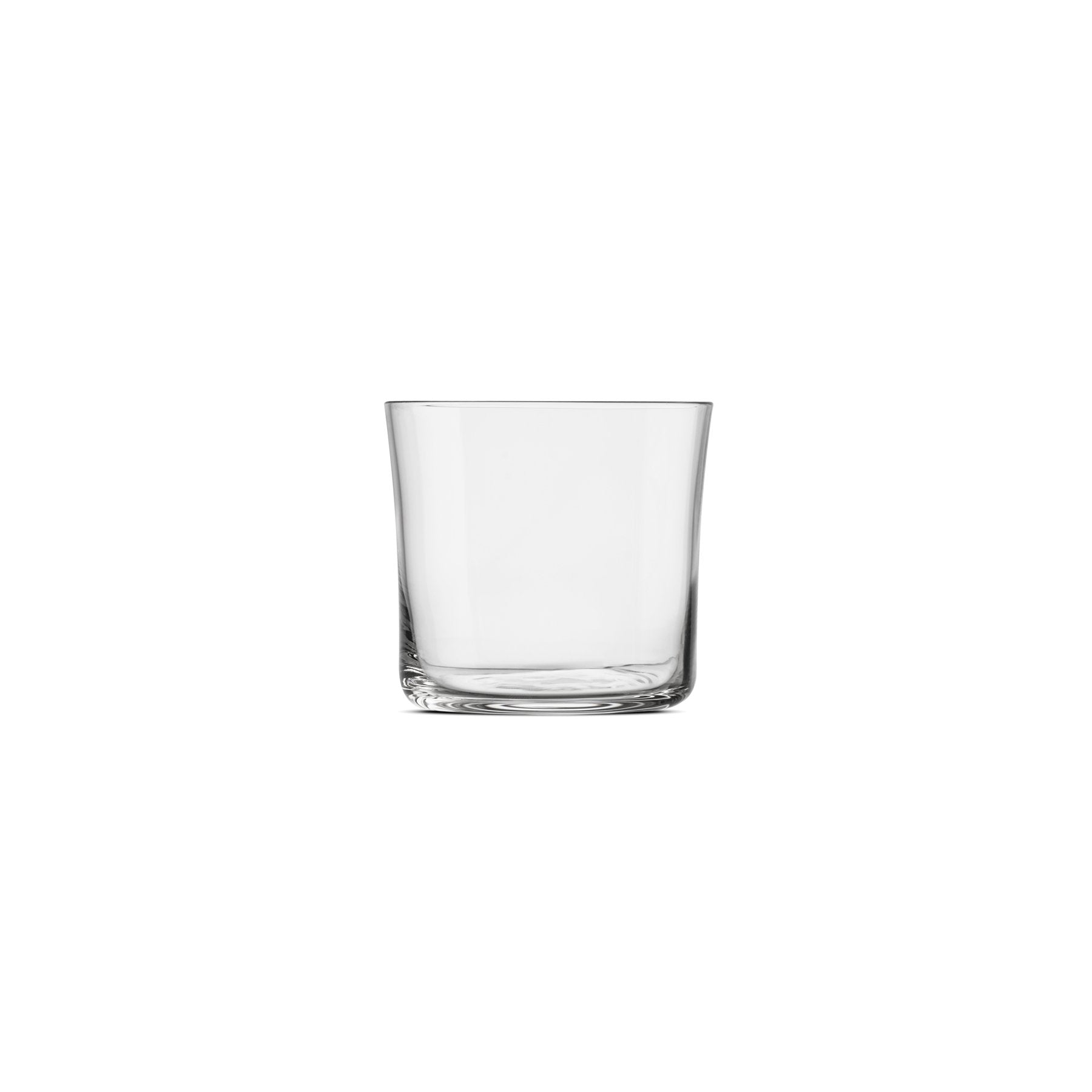Some look tough but are so fragile. Some look fragile but tougher than any other…
The mechanical properties of glass, that is to say the characteristics that determine its behaviour under stress, are strictly related to the amount, depth, and the distribution of any surface flaws that may exist. They are the most important features of glass and can determine its overall use. Any micro-cracks cause the glass to present what we call ‘poor mechanical behaviour’. That’s to say, they cause the glass to crack.
Studies on the mechanical strengthening of glass show that suppressing such micro cracks can be achieved by introducing compressive stress on glass surface. This limits the generation and propagation of cracks. Using this knowledge, handmade Stem Zero collection is strengthened by employing a special ‘surface modification technology’, based on an ion-exchange process. Larger ions are incorporated to the glass’ surface structure, replacing the smaller ions which cause strains, thus increasing the strength of the glass by forming ‘a compressive stress’.
Proven by Strength Tests
Bowl Impact Test
35% stronger
Test is performed according to the standards below:
DIN 52295 / Testing of glass – Pendulum impact test EN 12980:2000 / Materials and articles in contact with foodstuffs. Non-metallic articles for catering and industrial use. Method of test for the determination of impact resistance.

Stem Impact Test
2x stronger.
Test is performed according to the standards below:
DIN 52295 / Testing of glass – Pendulum impact test EN 12980:2000 / Materials and articles in contact with foodstuffs. Non-metallic articles for catering and industrial use. Method of test for the determination of impact resistance.

Free Fall Test
(In-house method): Glass is released for a free fall from the height of 28 cm.

Bending Test
(In house method): Up to 13%
Glass is bent at a certain angle from the top of the bowl keeping the stem fixed.

Dishwasher Safety Test
Up to 2.000 cycles DIN 10511 “commercial dish washing with glass washing machines - hygiene requirements, type testing” Water hardness: 0-1 dH Temperature of detergent tank: 55 0C Temperature of rinse agent: 65 0C Contact time per cycle: 120s Detergent: Industrial type, pH < 12,6

